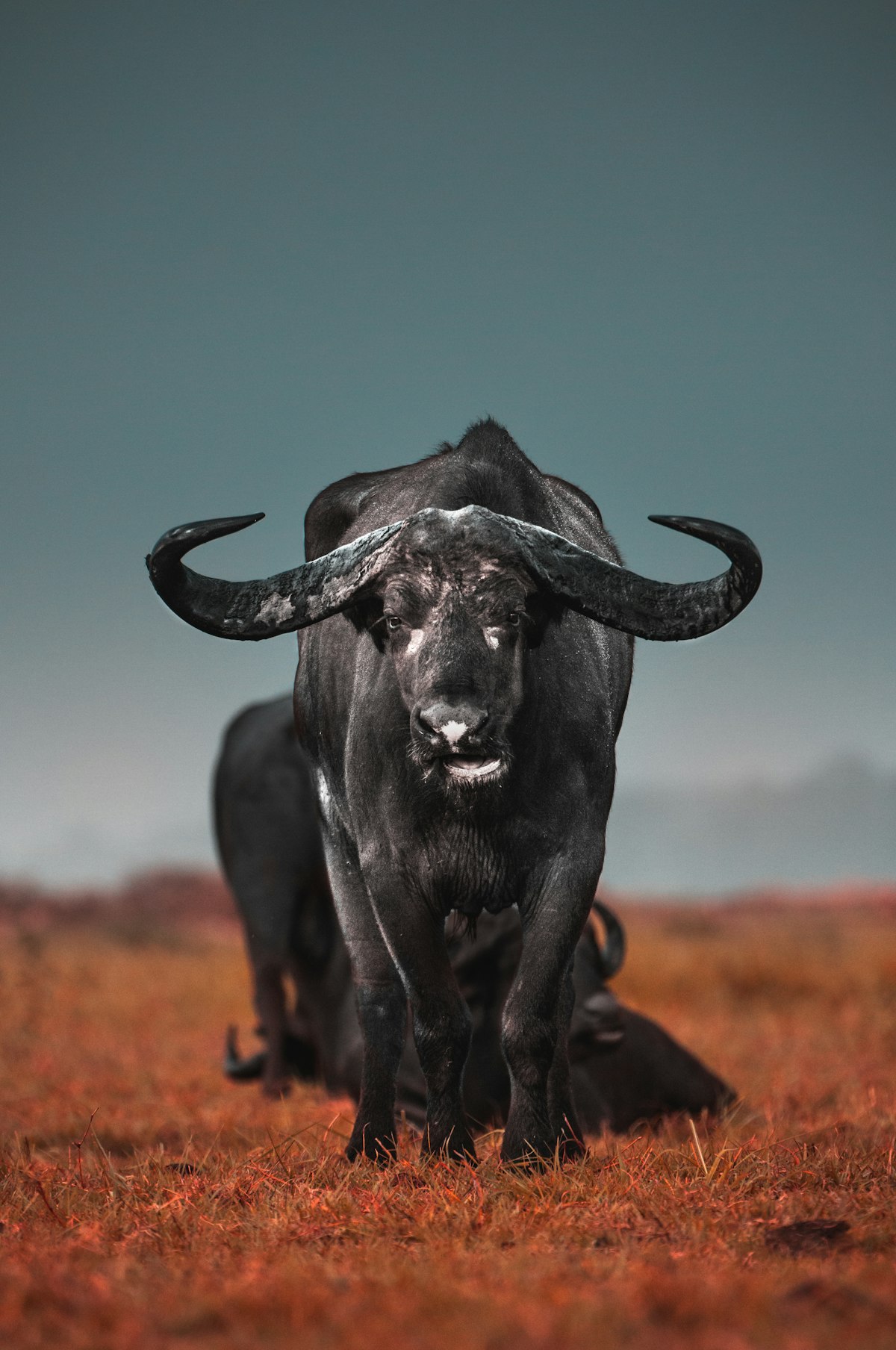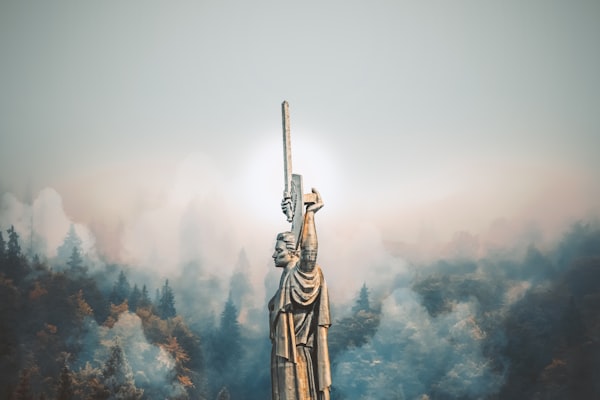Jallikattu, an interpretation

Man by nature is an animal. Despite the forcible conversion to a relatively peaceful mode of existence, man's propensity to violence manifests in myriad ways, sometimes nuanced, sometimes blunt. It's this bluntness of character that Liju Jose Pellissery carves out from beneath the veneer of sophistication we pass off as civilisation in his gut-wrenching directorial sans pareil in Indian cinema: Jallikattu.
The name comes from a centuries-old sport played in Tamil Nadu, where a bull is unleashed into the arena, with the participants holding on to its hump and riding a short distance in an attempt to emerge victorious. The Tamil Nadu version of the sport is non-violent, unlike the barbarian practice in vogue in the more civilised parts of the globe.
The plot
One would be hard put to categorise the 96-minutes of onscreen mayhem, for any such attempt would demand a search for a message or an intent, which corresponds with our collective intelligence - a celebration of our individual, shared and inherited experiences. This search would entail an introspection, which those of us draping the garb of sophistication, would loath undertaking. Jallikatu is not a celebration of humanity, but an unapologetic, brutal and casually poignant portrayal of the collapse of a society.
The crisis here is the escape of a buffalo from the clutches of a certain death at the hands of a butcher. An entire village joins to capture the beast in an act as bereft of camaraderie as a snake is of compassion. Everyone has their own axe to grind, for the capture means free meat for some and a vent to the pent-up aggression for others.
The beast's unwillingness to give up easily, the peeling off of layers of sophistication to reveal the crude, raw core of the chasers in the face of mounting property losses and human sufferings form the basis of plot. One cannot help but think that the cold, matter-of-fact proceedings have a Jack Londonesque touch to it - distilled to its purest form in the hauntingly brutal and harsh To Build a Fire. Jallikatu depicts the humans as sparing no thought for the hapless animals butchered mercilessly to satisfy the gastronomic urges of a populace that in no way is suffering from any shortage of culinary alternatives.
Hindu mythology
While the name Jallikatu evokes the images of a bull, the choice of buffalo as the protagonist is remarkable. While one can only speculate on why this bovine was chosen as the principal character, one cannot help but find allusions to the Hindu mythology, where the harmless buffalo finds the pride of place as the preferred mode of conveyance for the god of death: Yamaraja. The closing sequence, where an old man on deathbed finally summons the courage to pull himself up using a hanging rope only to see a buffalo (imagined or real?) outside cements the belief that the symbolism was not unintended. The choice of the name for the butcher - Kalan (death) - leaves no room for doubt for those pursuing this lead. Now, living in an age where Hindu symbolism can get one coloured in only one colour, irrespective of their bent or tilt of mind, such allusions assume greater significance. And the choice of such allegories is neither misplaced nor unwarranted, for a little surrealism never did anybody any harm. Ask Gabriel Marquis Garcia if in doubt!
Society and its maladies
Kindness and compassion form the basis of our society, as these two vital ingredients are the foundation stone of our sensibilities. However, one remarkable feature of Jallikatu is that all sensibilities are conspicuous by their absence and that, too, by design. Such a device places in the hands of the director the freedom to portray the society as it is: Primitive even in modernity. When the buffalo gets trapped in an abandoned well during the chase, the mishap triggers a wave of celebration among the hunters, who have plundered shops and farms enroute the spot. The air of carnival preceding the fishing out of the bovine is indicative of humanity's slump. An oldman beside a bonfire narrates a tale of human enterprise; how the animals were robbed of their haven by the industry of humans; how these settlements in the forest land were a testimony to human resilience, and rapacity. Primitive even in greatness, petty even in grandeur.
There are many layers to Jallikatu, but only the introspecting viewers get to peel them. The back stories are not developed; the characters are not fleshed out. The flashbacks are trim and say only what's necessary, without flab. The relationship between the main characters are referred to, not talked about. Such a minimalistic approach speaks volumes about the confidence the director has in his team and, above all, in himself. Not many would dare to portray the butcher's sister in the same light as Lijo has done here. A woman who shuns all advances by a man, whom she considers unworthy of her attention, suddenly gives in to him when he imposes himself upon her by claiming to have caught the runaway buffalo. A sudden transformation, maybe triggered by a sudden respect, emanating from his purported bravery. A modern woman caught in a primitive web of complex emotions.
When a purported divine intervention lets loose the buffalo again, the chase begins afresh and ends near a swamp. The violence that erupts on the banks of the lake and the sudden shift to a primitive hunter-gatherer's cave seem like an apt culmination of a story that throughout its 90-odd-minute existence threatened the viewers with the truth: At the core, we still are animals. The human pyramid of hunters that forms on the banks reiterates what we all knew, but never bothered to dwell upon: It's on the countless bodies of our primitive ancestors that we have built the citadel of our shaky sophistication.




